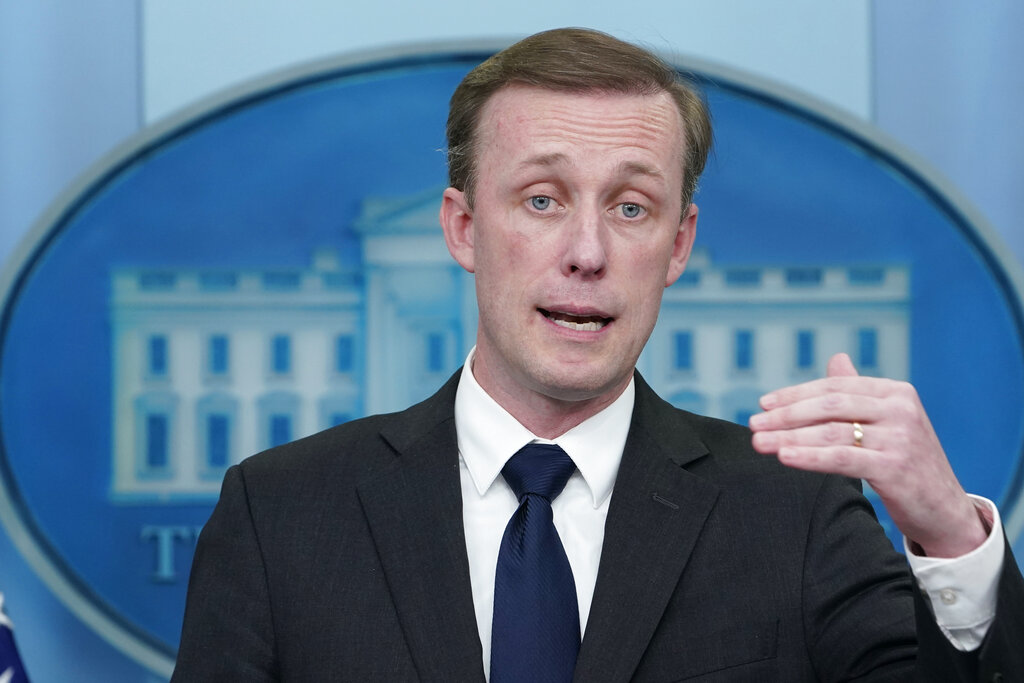In late April, President Joe Biden’s national security advisor, Jake Sullivan, unveiled the current administration’s strategy at the Brookings Institution to merge a new policy of domestic reforms for the reconstruction of America’s global leadership.
This speech also deserves consideration in Poland. After all, America is its key partner, and Poland is tying the future of its security to the United States. The speech demonstrates a crucial development in strategic thinking in Washington regarding the connection between the economy and geopolitics.
Sullivan’s analysis reveals his clear opposition to the neo-liberal tradition of Reaganomics, which relied on deregulation, tax cuts, cuts in public spending, and the belief that a free market is the only effective way to allocate capital.
In his opinion, continuing such policies after the financial crisis would deepen the inequalities that are tearing apart American democracy, lead to the further collapse of the country’s infrastructure, and ultimately diverge from the challenges posed by the new geopolitical competition in the world.
Interestingly, Sullivan also rejects the liberal belief that free trade and economic integration are the unconditional basis of America’s international policy, as they allow other countries to become its allies and partners. China proves that this is not the case.
Also noteworthy is the thinly veiled criticism of Barack Obama, who did too little or even failed to take certain necessary actions resulting from the new challenges facing America. This could be a hidden suggestion that Trump’s rise to power was not unexpected.
According to Sullivan, America must rebuild its internal economic and social strength. This is a task on the scale of Roosevelt’s New Deal and thus requires a state strategy and significant investments in key sectors such as clean energy, semiconductors, and access to rare metals to foster growth and competitiveness.
The U.S. must also rebuild and secure supply chains, meaning it has to adjust its trade policy to the requirements of geopolitics and, importantly, build a structure of global alliances with the EU, as well as countries in Asia, Africa, and South America.
All this clearly outlines the direction of the changes that America must take to maintain its leadership. It is a crucial endeavor for the U.S., as the world that emerged after the conclusion of the Cold War has come to an end.






